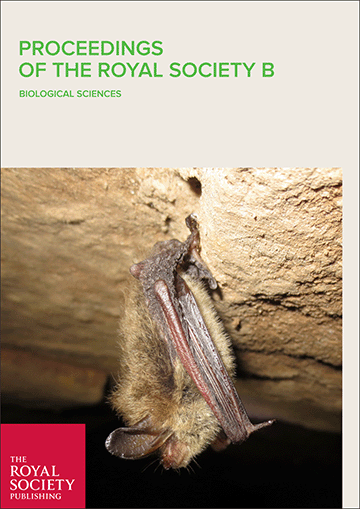Deforestation and bad logging practices have depleted natural timber resources over the last decades and plantation forests now appear to be an important tool for land restoration, resource conservation, and wood production. Fast-growing plantations have been expanding rapidly in tropical regions and supply a growing share of the world demand in woody products. In addition, multi-purpose plantations designed to meet social, economic, and environmental objectives, are likely to provide key ecosystem services. A wide variety of management practices can be used in plantation forests designed both to supply important ecosystem services and to conserve the world’s remaining primary forests.
This special issue will consider papers presenting experimental data on the sustainability of selective logging practices in different parts of the tropics, as well as the role of plantations with native or exotic tree species for both wood production and forest land restoration. We are particularly interested in papers that examine the impacts of tropical silviculture on biodiversity, biomass production and ecological processes in ecosystems of natural and plantation forests. Experimental and modeling studies that contribute to improving our current knowledge of tree responses to climate change will also be welcome. Papers presenting answers to the question “What is the future for tropical silviculture?” at a regional or pan tropical level, are also welcome and encouraged.
Download:
Publication year
2014
Authors
Sist, P.; Nasi, R.; Laclau, J.P.; (eds.)
Language
English
Keywords
tropical, tropical forests, silviculture, forest conservation, forest management
























